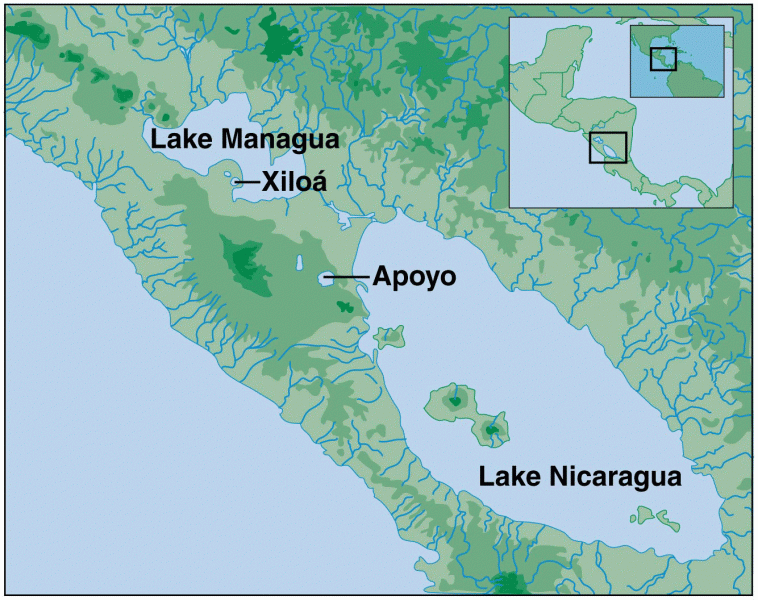|
|
|
Drugs are in development that may cure asthma and hay fever once and for all. They target leukotrienes, which are known to cause tightening of the air passages in the lungs and increase mucus productions in nasal passages.
To maintain good kidney function, you should drink at least 3 quarts of water daily. Water dilutes urine and helps prevent concentrations of salts and minerals that can lead to kidney stone formation. Chronic dehydration is a major contributor to the development of kidney stones.
Atropine was named after the Greek goddess Atropos, the oldest and ugliest of the three sisters known as the Fates, who controlled the destiny of men.
Cucumber slices relieve headaches by tightening blood vessels, reducing blood flow to the area, and relieving pressure.
The first documented use of surgical anesthesia in the United States was in Connecticut in 1844.
 Emanuel Leutze’s Washington Crossing the Delaware (1851) is riddled with historical inaccuracies, mo
Emanuel Leutze’s Washington Crossing the Delaware (1851) is riddled with historical inaccuracies, mo
 When Union troops pushed toward Richmond in June of 1862, these slaves crossed the Rappahannock Rive
When Union troops pushed toward Richmond in June of 1862, these slaves crossed the Rappahannock Rive





